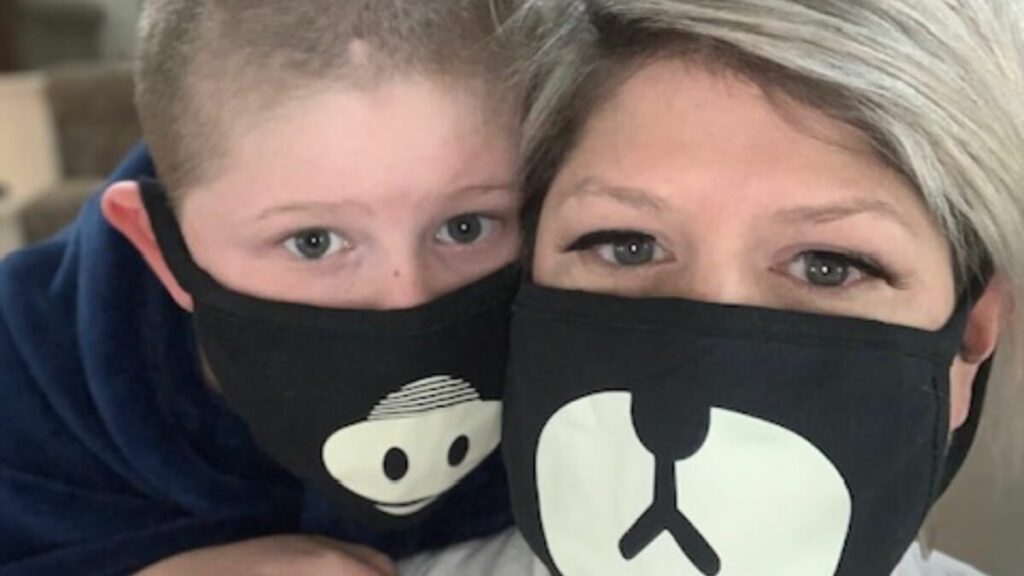‘No’, the most complicated word in the English language

NO. One of the smallest words in the English language with the most power. Such a small word. Sometimes it’s the first word you learn.
As an adult, it’s easy, short, authoritarian. Many times you don’t even have to explain it.
When I became a mom, I knew this word would become important. I knew it would be challenged by young minds. I knew as my kids became teenagers, it would become even more important.
I never really gave it much thought, never really paid attention to the power and disappointment that comes with the word ‘No’.
Never really stopped to see the damage and strength that two letter word carried…until today.
‘No, you can’t go to the store’
‘No, you can’t have a spontaneous visit to the park’
‘No, your child cannot be in a general education classroom’
No, the easy, short, authoritarian word, took on a new level of importance in my vocabulary.
Four years ago my youngest son was given a diagnosis of Autism Spectrum Disorder, ASD. Another short term that we would learn to live with. The word ‘No’ became a daily part of our lives.

We heard it from doctors, therapists, education specialists, teachers, and principals. We now use this word on a daily basis. It lives in our house like a grumpy old man. We not only got used to the disappointment it carried with it, but the anger that comes from it.
There’s a children’s book that my son loves to have read to him. David gets in Trouble, by David Shannon, is a cute and short story where David, a young spontaneous boy, gets in trouble at school often. When we read it, Liam laughs.
He feels like maybe, he’s like David? We say ‘no’ so often that he can relate to David. Yet, when we say ‘no’ he still becomes enraged. It’s not always easy to rationalize what such a little word means, especially when your child has Autism. Things are black and white, so how can you say ‘no’ to things that are clearly ‘yes’ in his mind.

Someday, he will hear ‘no’ and not think about it much. He will hear it and follow the instruction given. Like the rest of us, it will just be the small word that we hear and gives us a bit of disappointment, but we shrug it off and move on.
Today, we live in a pandemic world. Leaving the house, is always hard when you have ASD. We have to plan and talk about the day ahead. Look at where we are going and make sure that there will be no surprises.
Today, everyone feels a little of what someone with ASD may feel when they go out. The pandemic has made it much harder for our ASD loved ones to get out and be in the community. Many of us have stopped going out at all. But with time, we will be able to say ‘No, we can do this’. Because in the end, ‘No’ can be positive change.
This one little word, carries a different emotion for everyone. My son feels rage when he hears it. I feel sadness. Yet, I used to feel determination.
I pray that I get that feeling back. The strength that can come from the word no.
The empowerment. The satisfaction. That one little word has such different emotions for everyone. How do you feel?

Written by, Cindy Decker
Finding Cooper’s Voice is a safe, humorous, caring and honest place where you can celebrate the unique challenges of parenting a special needs child. Because you’re never alone in the struggles you face. And once you find your people, your allies, your village….all the challenges and struggles will seem just a little bit easier. Welcome to our journey. You can also follow us on Facebook, subscribe for exclusive videos, and subscribe to our newsletter.
Interested in writing for Finding Cooper’s Voice? LEARN MORE

